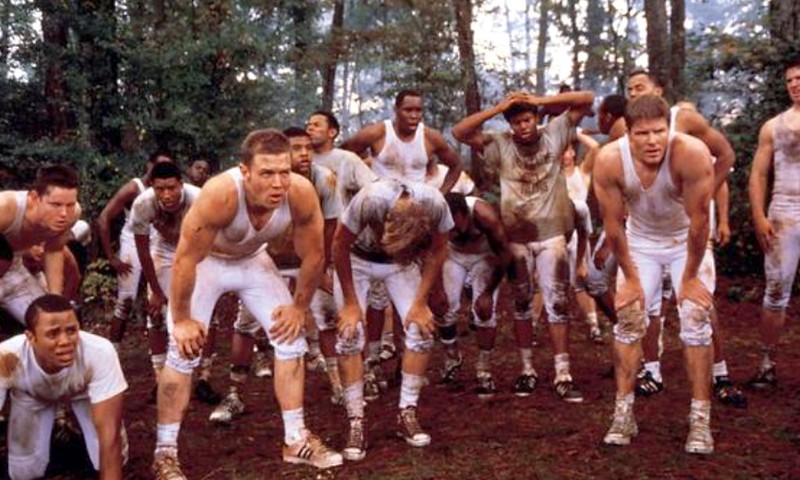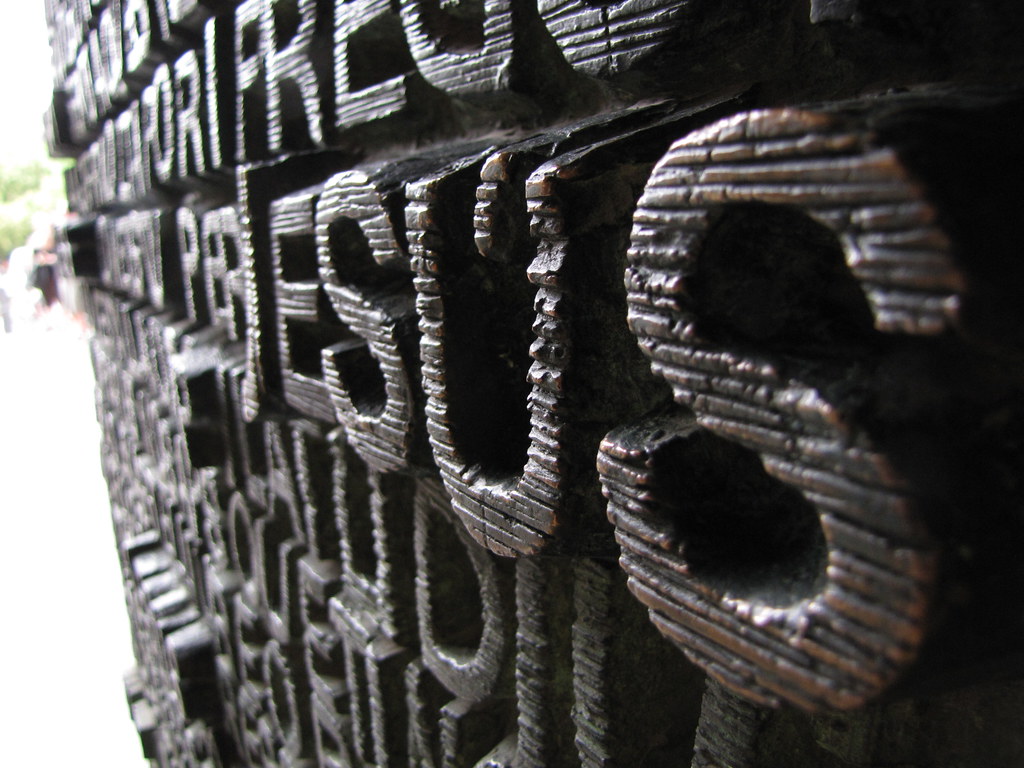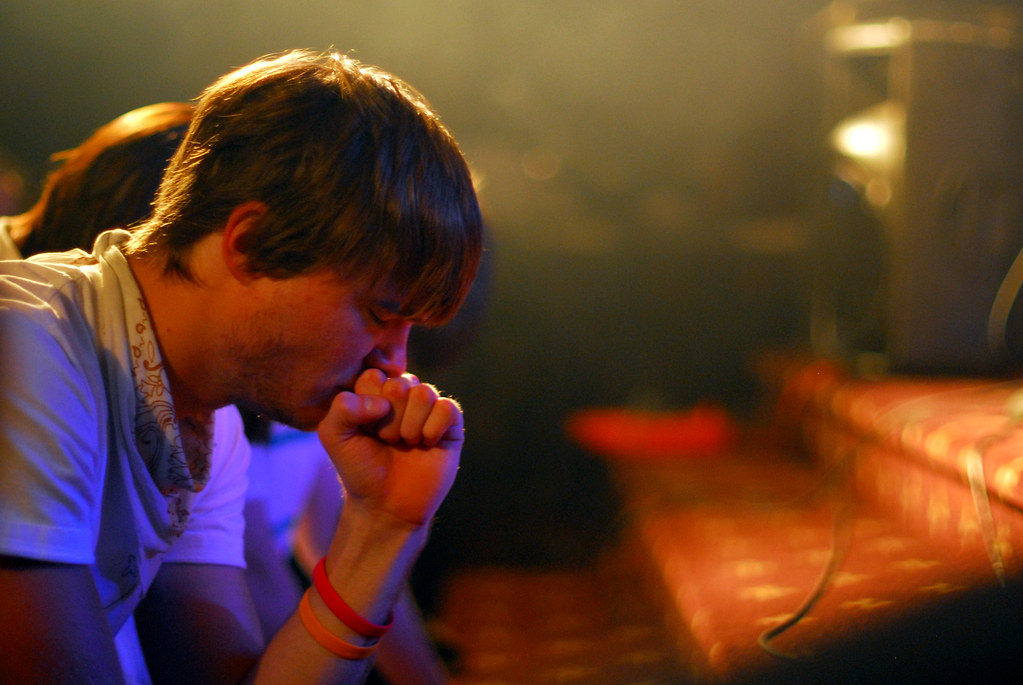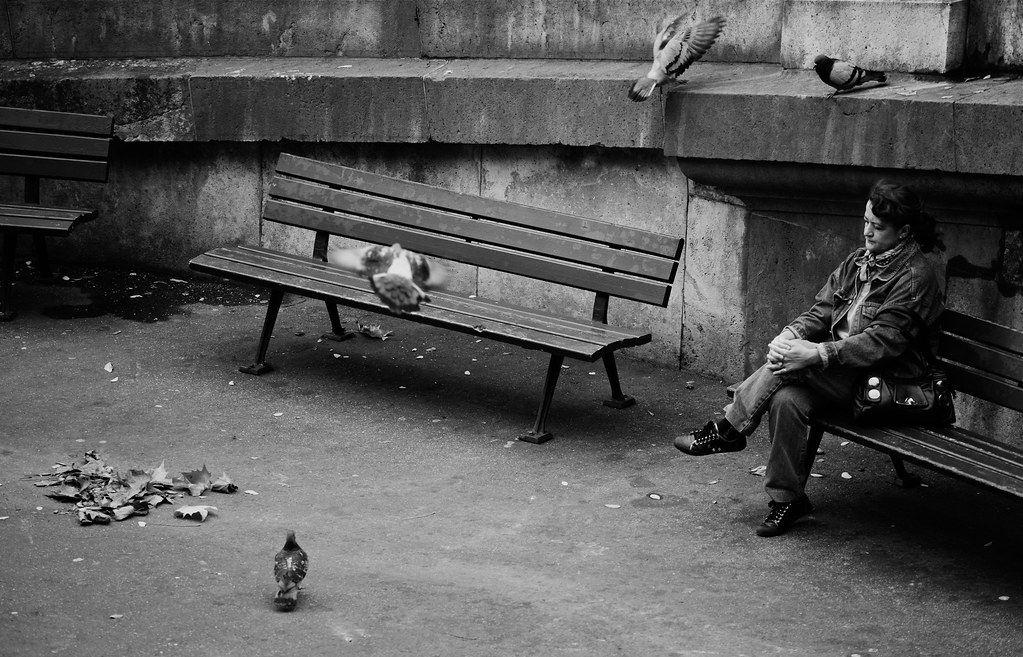Looking back to January 2007 today - I was in a bit of a transition point in life. I was still serving at Whitehill but spending more and more time at City North. I was still living in Ipswich but beginning the search for a place in Brisbane.
With the end of the college semester coming up this was a good post to look back and reflect on. Sometimes in all the academia of Bible College it is easy to forget the simple, relational Jesus who is very real and really wanting to communicate. So have a read and reflect on the notion that Jesus is really real... let me know what thoughts come to mind.
----------------------------------------------------------------------
Last night Whitehill had a dvd service which I wasn't too keen about so took the opportunity to go and visit my friends over at City North Baptist in Kedron.
I always enjoy visiting City North, not only are heaps of my WEC co-horts there, but the services always feel so fresh and communicative (maybe it's cause I'm just visiting??). I always get an awesome sense of God's presence there, and enjoy their humbling and honest praise times, and good Biblical Message from the two pastors.
Last night was no different, but half way through the service, when Pastor Stewart was giving a small communion talk I suddenly realised something I think I'd been slowly forgetting.
Jesus is real!
Yes that's right, I suddenly had this amazing awareness that Jesus Christ is a real living person, right here in 2007. It seems pretty obvious doesn't it? Like I'm a Bible believing Christian who's forgotten Jesus is real... um that sounds pretty lame. Well in a way it is, and in a way it's a disturbing thought that I could even start to forget that - but I also think there are many other Christians out there doing the exact same thing.
I think I was just getting in the habbit of going with the flow. I was doing the church thing, I was even doing my daily Bible readings and prayer times - but I think I was doing it almost like a robot, just going through pre-planned motions, set before me by a traditionalistic and ritual environment I've allowed myself to live in.
Maybe it's the fact that I've spent so much time at Whitehill, serving, playing drums, leading the youth group, going to Bible studies, sitting in virtually the same row every service... I don't really know what it is...
But on Sunday, as Paster Stewart spoke on the simplistic truths of what being a Christian and partaking in communion is, I suddenly realised I'd been pushing, that personal, relational, communicative side of my 'Christian' life away and just gliding along in a self-centred, ignorant tradition.
He then went on and gave his message from Matthew 28:16-20 (aka the Great Commission) and the simplest of concepts blew my mind.
- Jesus really did live - it's not some story or fable, it happened... Jesus really did walk on water, he really did take some mud, stick it in a blind man's eyes and give him sight - he really did accept the blame for my sins and stuff ups and take the punishmet on a disgustingly cruel cross, and he did rise again, conquor death and return to heaven giving us a command to go into all the world making disciples and baptising them into the name of the Father, the Son and the Holy Spirit - All that really happened.
And if all that really happened I need to look at life in such a different way. I know I've realised this before, but I need to take stock again, and get on with it properly.
At the end of the service we sand a song called The Stand off the latest United Live album, and maybe it was because of the simple revolations I'd had, but the words really cut into me.
"And I'll stand, with arms high and heart abandoned
In awe of the one who gave it all
And I'll stand, my soul Lord to you surrendered
All I am is yours"
I am in awe... I really am, and it's the basics that have me in awe, not some super-spiritual act, no some deep theological insight... just the basic Jesus loves me this I now, for the Bible tells me so....
-----------
original post here.































